Nine African Americans — two women and seven children — were posed amid a laundry day setting in a rare Civil War-era photograph. The handwritten caption identified them only as “Felix Richards Slaves” and the location as Volusia, near Alexandria, Va. Could their true identities be established? In this case study, historian and genealogist Amy Bertsch discusses a variety of sources, including probate records, a chancery suit, Civil War pension applications, and the former enslaver’s federal compensation claim, she used to identify the individuals in the photo, which is now at the National Museum of African American History and Culture. She explores how these records can yield new discoveries for family historians and she also demonstrates the importance of researching the enslaver’s family when conducting African American family research.

Already a member? Log in
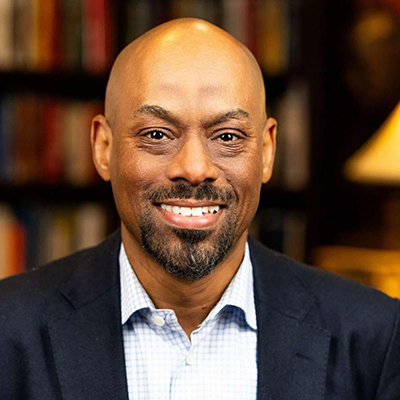
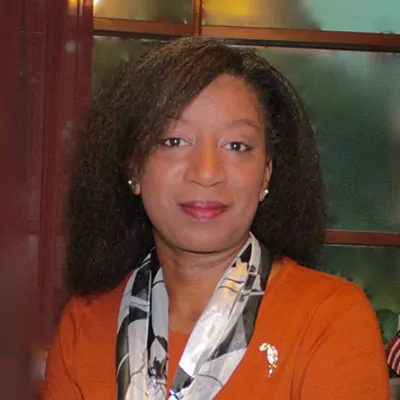

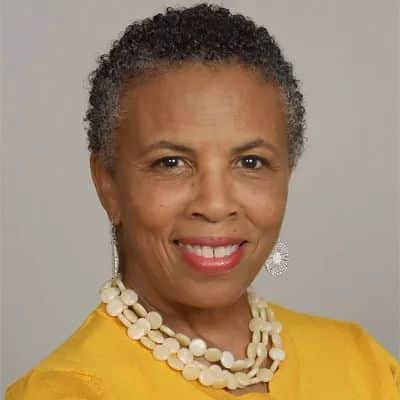


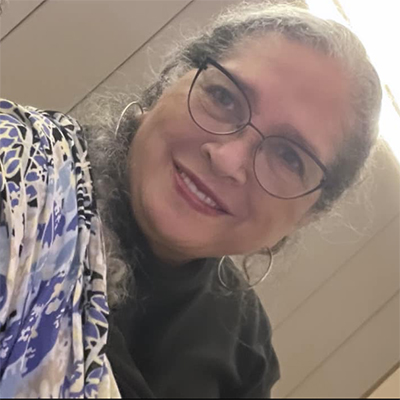
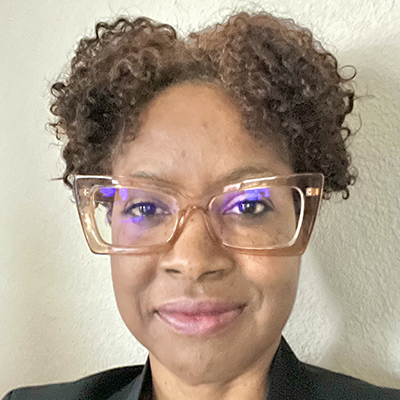

You should receive a confirmation email with a link to the webinar soon.
You’ll also receive a reminder both the day before and one hour before the webinar begins.
Didn’t receive a confirmation email?
You successfully registered for %s.
You should receive a confirmation email with a link to the webinar soon.
You’ll also receive a reminder both the day before and one hour before the webinar begins.
Didn’t receive a confirmation email?
To ensure a smooth, high-quality webinar experience, check the quality of your internet connection.
On the day of the webinar, connect 30–40 minutes before and turn off any background software. If you can’t tune in live, you can view the recording later in the Webinar Library. If joining via a mobile device, be sure to first install the free GoTo app.
Questions? Contact us or read our FAQ.
It looks like you’re already registered for this webinar
You can register for another webinar.
Didn’t receive a confirmation email?
It looks like you’re already registered for these webinars
You can register for another webinar.
Didn’t receive a confirmation email?
Something happened on our end, sorry about that
We were unable to complete your registration.
Please try again later.



 Syllabus
Syllabus
 Chat Log
Chat Log
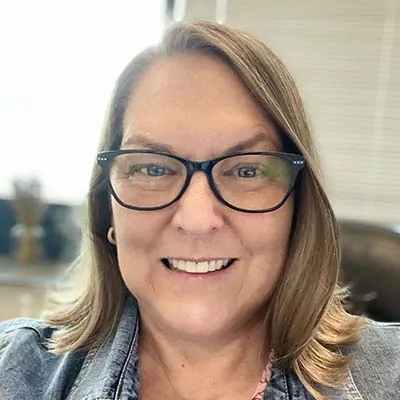
Fantastic!
Absolutely excellent presentation
Great presentation! I had no idea how someone would go about identifying people in old photos.
It was terrific!
Amazing.
Such wonderful research
I consider myself new to the genealogy research. I have been researching my family for the past 5 years and have gotten as far back as 1780 on my mother’s branch. My father’s family has lead me to many barriers. Today’s webinar gives me hope and a new direct for researching the possibilities.
Excellent presentation! I’m amazed at the information she found and how she was able to identify the people in the photo.